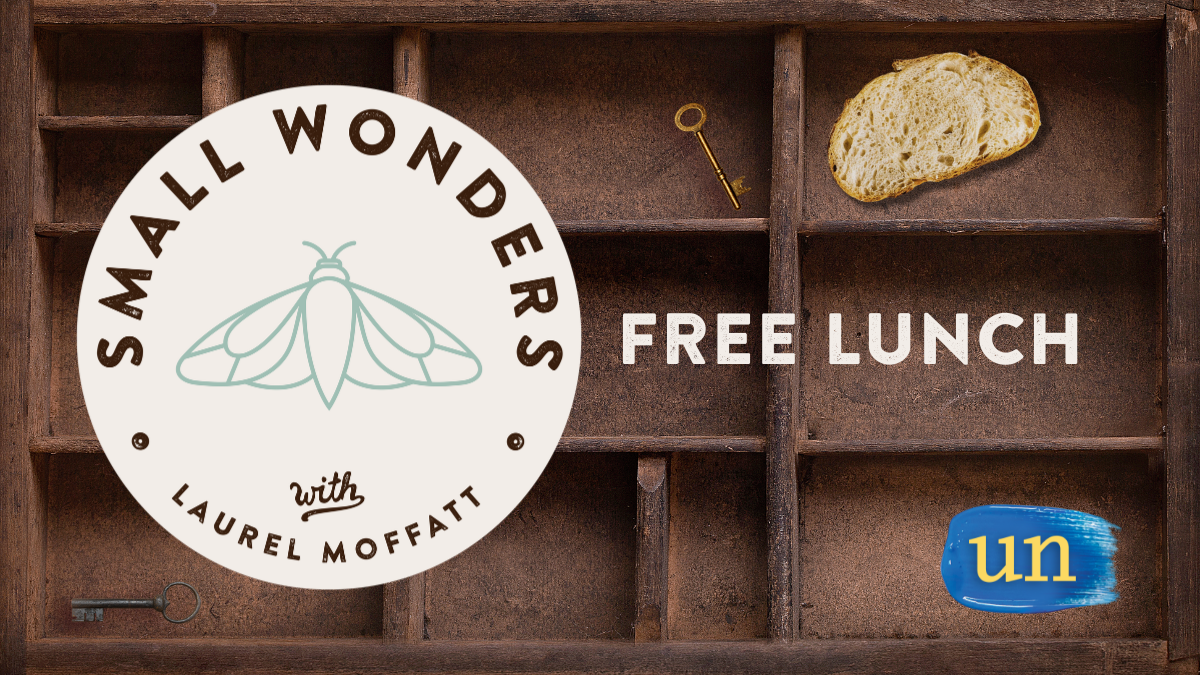We will always work for food. The question is – which food are we working for?
“Daily bread” has become a well-worn idiom; we all need it to get by, and without it, life wouldn’t be possible.
However, such a simple phrase fails to capture the complexity of actually finding daily bread.
From the wheat harvesters to produce the bread, to the toil of workers to earn money to buy enough of it, much of what we do is in search of ways to provide daily bread.
Throughout history, the price of bread has reflected stability.
The more expensive the dough, the more unrest in society.
Bread is important. It is life-giving. But it isn’t the life-giver.
We will always work for bread. But what type of bread are we seeking?
The one where we work, and hunt, and scavenge and scrounge around for whatever crusts we can find?
Then they asked him, “What must we do to do the works God requires?” Jesus answered, “The work of God is this: to believe in the one he has sent.”
Then Jesus declared, “I am the bread of life. Whoever comes to me will never go hungry, and whoever believes in me will never be thirsty.”
John 6: 27-28, 35
LINKS
- Here’s Malcolm Guite’s poem I Am The Bread of Life
- Here’s a cool breakdown of the different types of wheat that go into the making of bread
- Here’s a complete copy of John Ashton’s A History of Bread
- This compelling article unpacks why every revolution begins with a single piece of bread
Accept Dr. Laurel Moffatt’s invitation to join her on an exploration of the unnoticed and the seemingly unimportant.
Each episode of Small Wonders offers a brief but piercing look into a topic. The clarity the desert brings. Hurricanes and hard relationships. Finding reason in the middle of a ruin.
These quiet but profound observations about life uncovers lessons learned. Lessons from broken and beautiful things that are polished to perfection and set in rich audio landscapes for your consideration.












































